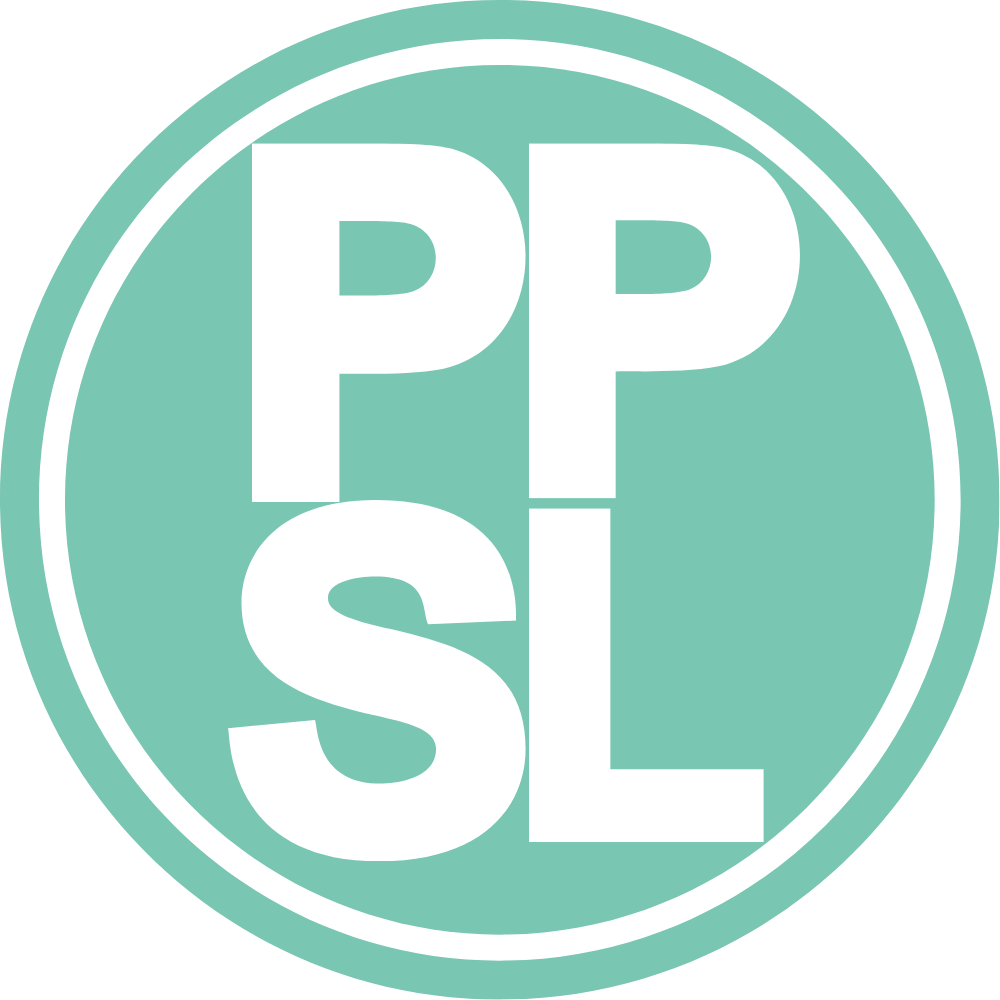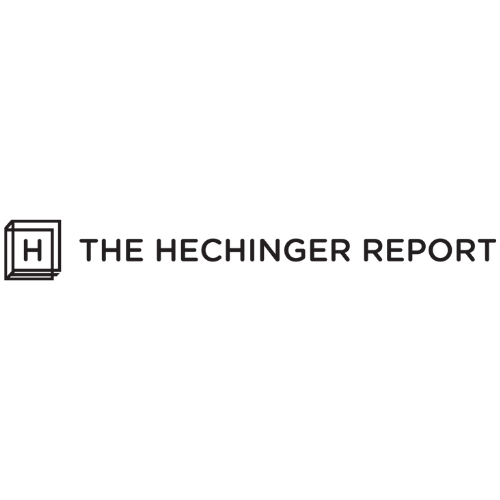
The Impact
The Problem
44M
$1.6T
44 million Americans owe $1.6 trillion in student debtStudent debt in the United States has tripled since 2006. Half of all borrowers are over 44 years old and 1 in 5 are over 50. Over a million people owe more than $200,000. The costs of higher education go beyond what the average person can afford and predatory behaviors run rampant in schools we have grown to trust. Our society is now reliant on a debt-financed higher education system that simply doesn’t serve the American people.
We are facing a critical moment in which the nation is questioning the value of higher education. Although it has long been accepted that higher education is the great equalizer, our system has not delivered economic mobility for low- and middle-income students, and has perpetuated, rather than alleviated, racial inequality. It’s not only a political issue – we are on the precipice of a moment of reckoning for the entire student loan ecosystem at large.

The Solution
The Project on Predatory Student Lending’s groundbreaking and successful litigation has highlighted predatory practices in higher education while holding schools and the government responsible for the harm these practices cause.
We have exposed the entrenched problems of debt-financed higher education system and the extent and nature of predatory practices that are cheating students out of quality and affordable training and education.
We believe we can do the same for affordability.
The Results
$30 Billion
dollars in fraudulent student loans cancelled.Through harnessing the power of our client community, we have influenced the public conversation about predatory student debt and achieved the cancellation of over $30 billion in fraudulent student loans. Delivering life-changing debt relief has given our client community the financial freedom to buy homes, start families, and move on with their lives.
PPSL’s clients are at the heart of our work. They’re people who are targeted by predatory colleges — women, people of color, single mothers, immigrants, veterans — people seeking a better life through education.

Hear From the Clients
-
"For a long time, hope was really what we had lacked, and when we started working with the Project, we finally felt hopeful. I felt hopeful for the first time in a long time. It’s incredible to watch this group take on such big giants on our behalf."
Ashley
-
"I believe that student borrowers have the power to hold higher education accountable, if we use our voices to speak out about our experiences."
Marjani
-
"There’s nothing more lonely than feeling like you are alone in this giant hill of debt that does nothing for you but bury you. I’ve never seen anything in my life more amazing than what PPSL has done. They stood up for us when no one else would."
Tarah
PPSL In The News
Tens of thousands of student loan borrowers who say their schools misled them may soon find out whether that debt will be cleared after a Thursday ruling from a federal judge in San Francisco.
“PPSL, representing student loan borrowers in the Sweet settlement, countered that the request for a delay was patently unreasonable: ‘Judge Alsup has imposed strict parameters to ensure accountability in this settlement, including a series of hearings to report progress and ensure that settlement relief is on track,’ said PPSL in a statement.“
“U.S. District Judge William Alsup on Thursday denied the U.S. Department of Education's request for an 18-month extension to process over 200,000 loan cancellation applications for students claiming they were defrauded by colleges the attended, calling it ‘totally unacceptable.’”
The government will have to adjudicate all claims from applicants who attended schools with evidence of misconduct by the original January deadline but will get a three-month extension for all other claims.
In response to the Education Department’s request, lawyers for the borrowers slammed the department’s request: “Less than 12 weeks before the deadline, the Department reveals that not only is it behind schedule to meet that deadline, it never had a prayer of meeting the deadline,” PPSL said.
Hundreds of thousands of students who attended the colleges in question have been waiting for years for decisions on whether they will have their loans forgiven or not. The ongoing delays mean uncertainty and stress for those students and their families.
Over 40 congressional lawmakers told Trump administration officials that transferring debt ownership could strip borrowers of their protections.
"What's not OK is for people to exploit the fact that the system we have is not currently meeting people's needs," Connor said. "It becomes like a push product, where it is being sold to people who might not otherwise think they need it."‘
“The wheels are falling off,” said Eileen Connor, executive director of the Project on Predatory Student Lending. “Problems are going to be widespread across the system in a way we haven’t dealt with before.”
For example, results from a 2019 analysis by McKinsey consultants to assess the value and credit profile of the Direct Loan portfolio “were not good: an estimated 45 percent of loans in the portfolio were not expected to ever be repaid,” said the Project on Predatory Student Lending, a legal organization that represents student borrowers.”
“Eileen Connor, executive director of the Project on Predatory Student Lending, which has frequently sued the Education Department on behalf of borrowers, said she’s skeptical the administration could strike a deal that benefits both taxpayers and borrowers.
The Trump administration’s stricter lending limits mean ”fewer people who are not already rich will be able to go to college, and the people who still need to get education and training that are not already rich are going to be targeted for predatory private loan projects,” said Eileen Connor, executive director of the Project on Predatory Student Lending.
“The CFPB played a key role in forcing student loan servicer Navient Corp. to change how it handled certain private loan discharges, according to Eileen Connor, president of the Project on Predatory Student Lending. Lenders such as Navient often include arbitration clauses in their contracts, making it harder for borrowers to seek legal help, she said.
A student loan borrower legal organization is urging certain borrowers to take immediate action or they may lose access to key repayment plans and loan forgiveness paths as Congress moves forward with major legislative changes.
“I think that there is something that doesn’t feel right about labeling something ‘UMass’ that is not, as far as I can tell, accountable in any way to the people of Massachusetts,” says Eileen Connor, president and executive director of the Boston-based Project on Predatory Student Lending.
One thing is clear: inflated valuation flows from distorted incentives, with borrowers and taxpayers bearing the brunt. Sale or not, it’s time for lawmakers to have an honest conversation about the actual cost of the federal student loan program.
“Eileen Connor worries that this is all very bad news for students. No one knows, for example, if the federal student loan portfolio will be privatized, says Connor, the president and executive director of PPSL. But if it is, that could mean that wealthier kids get to go to college and poorer kids become too big a risk.”
‘“I hate to think about what it means going forward for other lenders, and also for Navient itself, if they feel like all of a sudden they aren’t accountable to their legal obligations,” said Eileen Connor, president and director of the Project on Predatory Student Lending.”
“The servicer let some borrowers off the hook after a 2022 settlement — but not Amanda Luciano and others who faithfully made their loan payments.”
‘“It’s so draconian,” Connor said of proposals to limit or repeal borrower defense. “It would put student-loan borrowers in a worse place than any other kind of borrower, and it’s such an odd thing to do in the context of a lending program that is both meant to facilitate an educated workforce and populace, but also where the loans are the device of access that we’ve settled on.”’















